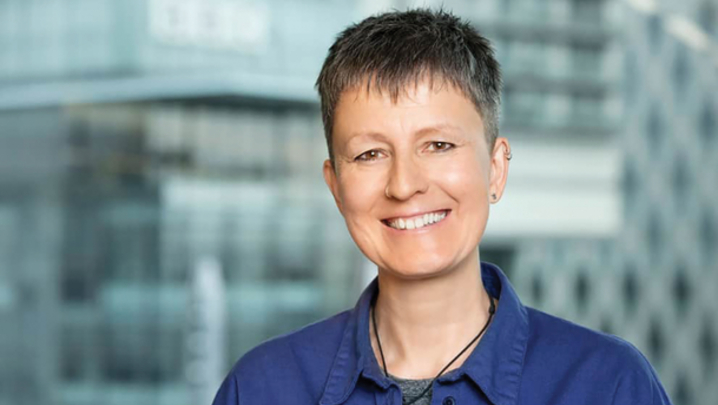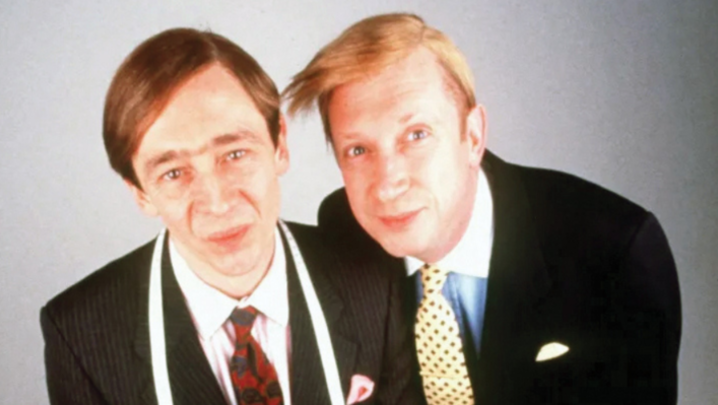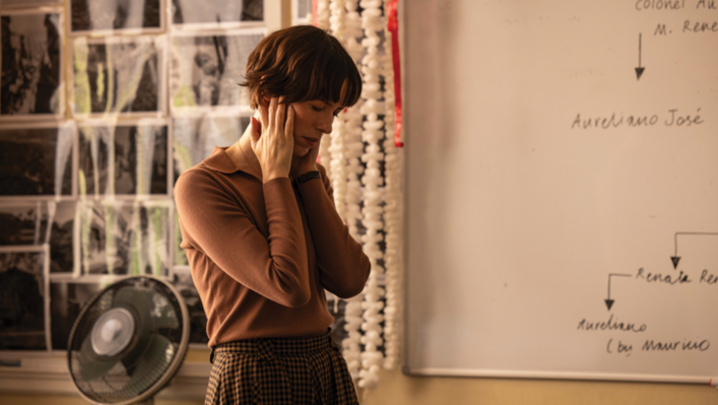Roger Mosey, a former editor of Today, outlines the challenges facing Sarah Sands as she takes on the hottest news seat in the BBC
To outsiders, the Today programme is the flagship of BBC News. It is the place where decision-makers are held to account, and it provides radio’s gathering point for the chattering classes, their essential briefing for the day ahead.
To insiders, it’s a rather different experience: dreadful working hours, fuelled by grim Broadcasting House coffee – and, perhaps most surprisingly, a struggle for the resources commensurate with the programme’s reputation. Welcome to both of these worlds, Sarah Sands.
I did the same job myself more than 20 years ago, and it was that old cliché about the best and the worst of times. There is the exhilaration of setting the national agenda and being in charge of journalism that can shake ministerial careers or provide the day’s humorous talking point.
Yet, it was also all-consuming and destructive of normal life: the phone calls at any hour, the need to follow every twist and turn of a story – and the kickings you received if politicians didn’t like the treatment they received.
Like most of my predecessors and successors, I had been blooded by a number of years on Radio 4 news programmes before I was promoted to editing Today. But, these days, the BBC routinely recruits newspaper executives such as Sands.
The director of BBC News, James Harding, came from the Times; Ian Katz of the Guardian took over Newsnight in 2013; Amol Rajan from the Independent is the corporation’s media editor. Probably only the Daily Mail’s Paul Dacre can be ruled out as a future corporation staffer.
BBC folk tell me that there is grumbling about the failure to promote insiders who know how to make television and radio programmes.
People who’ve talked to Sands say that she enters the job in high spirits.
For someone with no background in broadcasting, and who is branching out in a new direction at 55, Sands has the toughest possible challenge. She has to be the hands-on editor of the BBC’s most important daily programme.
The job involves taking decisions in the lonely hours of the night. In the most extreme case, a wrong move can bring the corporate structure tumbling down on top of her. Remember what happened in 2003-04 to the Director-General Greg Dyke and Chair Gavyn Davies after Andrew Gilligan’s contribution to Today regarding weapons of mass destruction in Iraq.
But this is not a programme that benefits from corporate caution: at its best, Today has a swagger and sense of its own mission that defies attempts to control it by BBC apparatchiks.
People who’ve talked to Sands say that she enters the job in high spirits. Her role as editor of the London Evening Standard is, she has claimed, about getting the news out first in print and shaping the agenda as the day’s events unfold. She believes that those skills will transfer to Radio 4. Her contacts are impeccable, as evidenced by a deluge of letters from the great and good congratulating her on getting the job, and her friendship with Boris Johnson.
She is a dedicated listener to Today – “she seems to remember each programme in some detail,” says a current employee, approvingly. And she rightly considers the programme to be in decent shape, though her instincts are to cheer it up a little.
Her background as deputy editor on the Daily Telegraph and consultant editor on the Daily Mail means that she will have a shared background with one of the great Today editors, Julian Holland. He had previously been a feature and leader writer for the Mail.
A BBC insider notes that she understands “what interests the ageing middle class”, which is a necessary skill on Radio 4.
Her CV points to another of Sands’s challenges, though. The modern BBC has executives whose views we know: James Purnell, the director of radio, is a former Labour cabinet minister who voted for the Iraq war and against an inquiry into it.
Sands edited a newspaper that campaigned for Zac Goldsmith to be mayor of London. We know what she thinks about Brexit because she’s told us in her Standard column: she’s a Remain voter who’s now giving Brexit a chance.
This is surmountable, and at least she’s not another BBC soft leftie, but the risk is that her views become a story in the inevitable battles that Today will have with political parties.
There is, of course, a degree of management protection for the editor of Today. Sands will report to a controller of daily news programmes, who, in turn, sits within Harding’s management structure.
I suspect that she will find this somewhat restrictive after the freedom of being a newspaper editor but, so far, she has shown a robustness that some in Broadcasting House will find alarming.
Her post-appointment interview on Radio 4’s The Media Show gave every sign of not having been prepped by the BBC press office in the usual way. There cannot have been corporate approval for her musing about humanists being invited on to the Thought for the Day strand.
This is good. Having a Today editor who behaves like a proper editor is better than producing ranks of compliant bureaucrats.
Sharp elbows will be needed to ensure that Today has the staffing it needs and enough money to spend on its journalism, at a time when the BBC as a whole is cutting back. Today’s night shifts are more thinly staffed than when I was in charge. The emptiness of the building in the early hours is in contrast to the teeming offices during the day.
Sands can certainly expect some “assistance” from above in a decision that will come sooner or later: how to refresh the line-up of presenters on the programme. This isn’t an urgent task, because the veteran John Humphrys is still on excellent form and the newer presenters – such as the ambitious Nick Robinson and Mishal Husain – sit well alongside him.
There is, however, a bit of a random feel about the presentation rota. Donkey’s years ago, Today was defined by the double act of John Timpson and Brian Redhead, who had a chemistry and shared on-air wit that added considerably to the programme’s appeal.
Nowadays, five main presenters are featured on the programme’s website, and you never know who it’ll be each morning – which is perfectly viable, as Today’s audience figures prove, but it may not survive the departure of Humphrys.
If there is to be a new top dog, he or she may want to establish more ownership of the airtime.
And, finally, there is the biggest editorial test for Sands: how she keeps the Today programme relevant to the whole of the UK and in touch with the wider world.
At a time when metropolitan elites are being challenged, she is unashamedly from the metropolitan elite and her terms of reference will be familiar to the top BBC leadership: London arts events, and who said what at the ambassador’s dinner party.
Sands herself is sure she can transcend this. She has ideas about taking the programme on the road more around the UK, and about speaking to Brexit Britain – including its rural heartlands.
Today is at its best when it establishes a connection between the decision-makers and the public, turning tedious Westminster preoccupations into issues that matter to the people of these islands.
Sands has been able to do this in market-driven newspapers, so there’s a decent chance that she can translate it to the radio. In these troubled times, we need a strong Today programme – and the audience will certainly be rooting for her to deliver it.
Roger Mosey is now the Master of Selwyn College, Cambridge.







